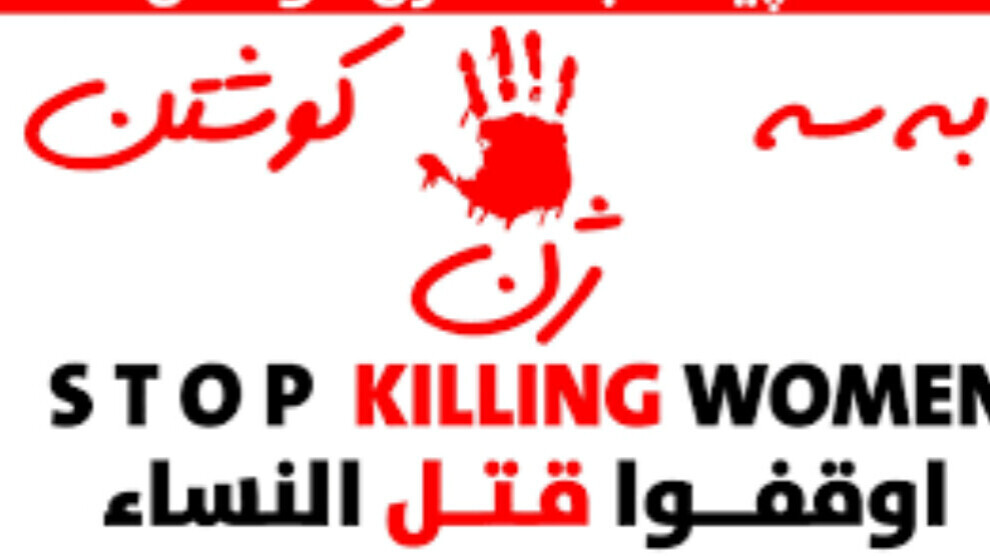Rising Femicide in the Kurdistan Region
From the beginning of September to early October, seven women were murdered in the Kurdistan Region, alongside one suspicious death—bringing the total number of women killed since the start of 2025 to 35, according to our agency’s statistics.

By Hero Ali
News Center- The killing of women cannot be dismissed as isolated incidents or individual crimes. They are stark indicators of a deep structural and cultural dysfunction—a reflection of the erosion of human values. Across much of the Middle East, and particularly in the Kurdistan Region, women continue to fall victim to gender-based violence rooted in patriarchal traditions that perpetuate discrimination and abuse.
The recent escalation of these crimes is tied to several key factors: the absence of the rule of law, weak judicial institutions, lack of transparency in reporting, and a culture of impunity that shields perpetrators and emboldens others to commit similar acts.
Below are some of the most notable cases documented by our agency between September and early October:
- September 5: A woman named Jawan Hassan was murdered by her husband in the Darbandikhan district of Sulaymaniyah.
- September 6: The bodies of a 54-year-old woman (J. F. S.) and her 17-year-old daughter (H. H. A.) were found in their home in Halabja, both showing gunshot wounds.
- September 8: A 21-year-old woman in Kifri lost her life after sustaining a fatal stab wound during a violent altercation.
- September 25: In Ranya, Aveen Saleh died under suspicious circumstances on the first anniversary of her marriage.
- September 26: A 23-year-old woman was shot dead by her brother—fourteen times—in Kirkuk.
- September 27: In the Qirkeh neighborhood of Sulaymaniyah, a woman was found murdered inside her home. The perpetrator was later arrested.
- October 7: Another woman was killed by her husband in the Karizoshki district of Sulaymaniyah.
According to compiled data, 2025 has so far witnessed 35 femicides, 16 suspicious deaths, three attempted killings, and one suicide.
The surge in such cases underscores the urgent need for stronger legal protections, public transparency, and a cultural reckoning with gender-based violence in the region.
